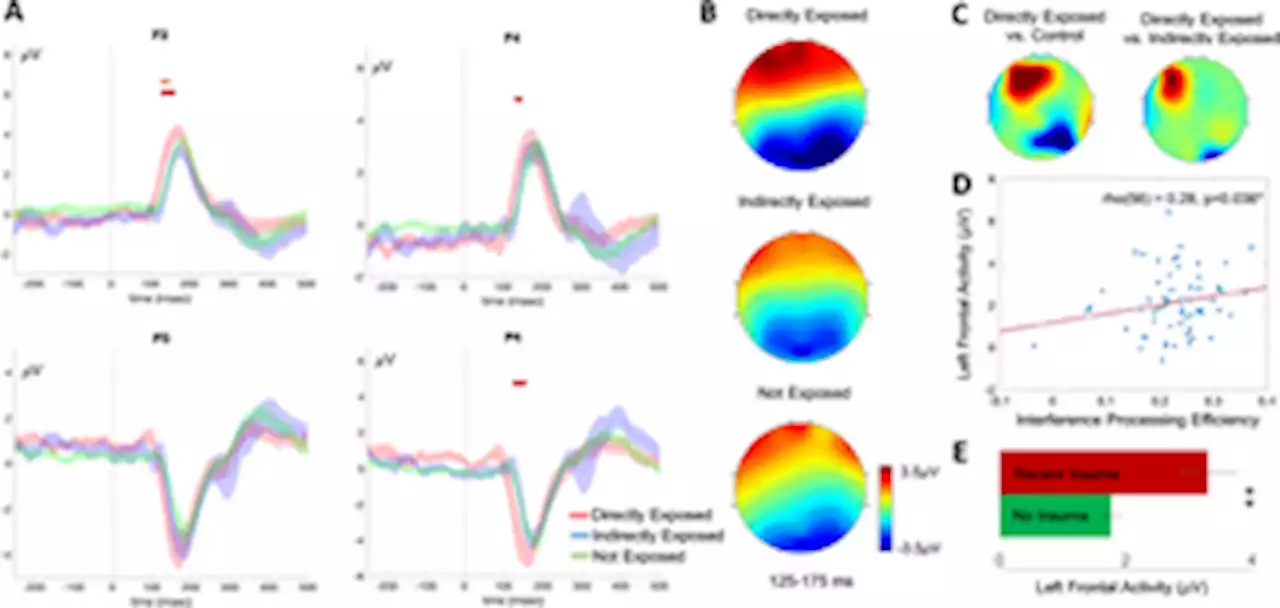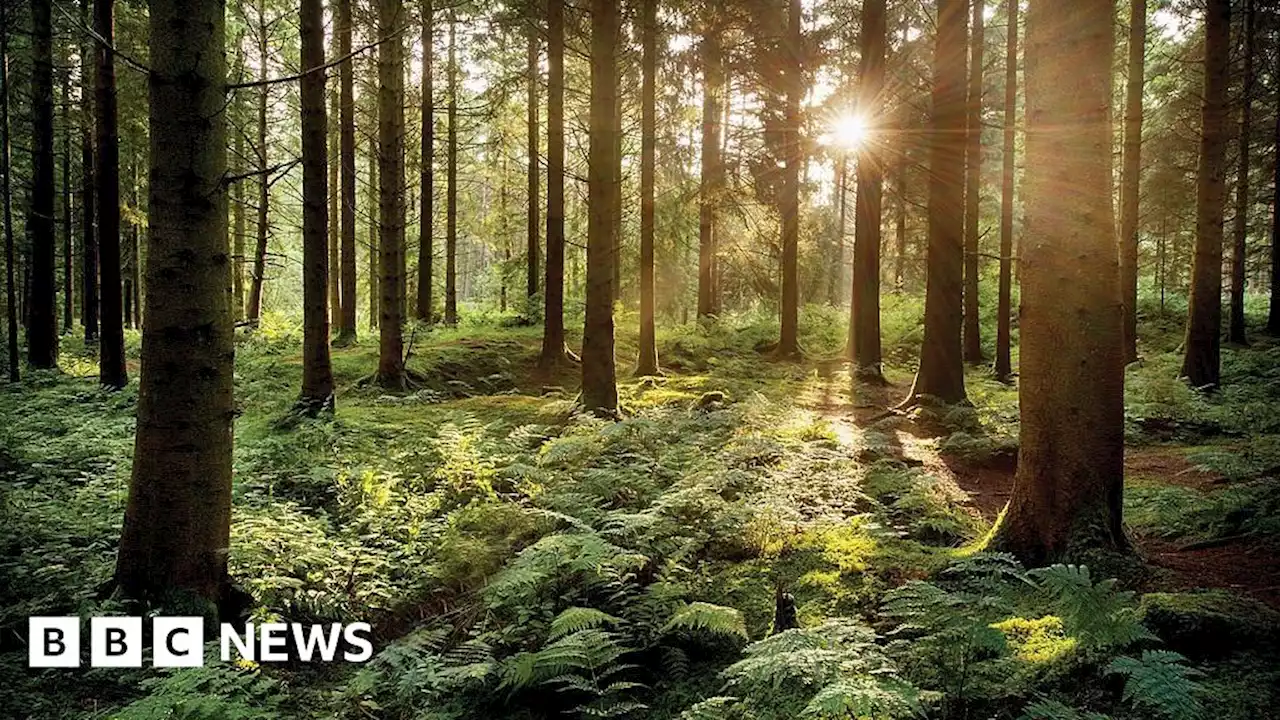Emission cuts must be accompanied by greater efforts to remove CO2 from the atmosphere a new report says.
The report says natural CO2 removal processes like forests and soil are not going to be enough to stop temperature rises.Technology to remove the planet-warming greenhouse gas CO2 from our atmosphere must be urgently ramped up, leading climate experts say in a new report.And nature alone will not remove enough of it from the air.
There's consensus among scientists that the world is warming primarily because emissions of CO2 far exceed the amount that is being removed . Currently almost all of the world's CO2 removal occurs through natural processes. That's primarily plants and trees taking in CO2 from the air, and the soil absorbing and storing it.
One, known as BECCS, involves incorporating CO2 capture into biomass-based electricity-generation, in which organic matter such as crops and wood pellets are burned to produce power. Other options include: huge facilities where the carbon is extracted from the air before being stored in the ground; the use of specially treated charcoal that locks in carbon; and "enhanced rock weathering" - loosely based on the carbon removal that occurs with natural erosion.
United Kingdom Latest News, United Kingdom Headlines
Similar News:You can also read news stories similar to this one that we have collected from other news sources.
 Best winter road bikes 2023 — invest in a bike that shines in bad weatherBest winter road bikes 2023: The weather we're seeing in the UK right now is pretty hard on bikes, so it's best to make sure yours is equipped to deal with the adverse conditions... cycling
Best winter road bikes 2023 — invest in a bike that shines in bad weatherBest winter road bikes 2023: The weather we're seeing in the UK right now is pretty hard on bikes, so it's best to make sure yours is equipped to deal with the adverse conditions... cycling
Read more »
 Instagram post misrepresents study linking climate change and diseases - Full FactResearch linking climate change to strokes, dementia and migraines is not a cover up for Covid-19 vaccine harms, as an Instagram post suggests. The study largely looks at research almost entirely conducted prior to the vaccine roll-out.
Instagram post misrepresents study linking climate change and diseases - Full FactResearch linking climate change to strokes, dementia and migraines is not a cover up for Covid-19 vaccine harms, as an Instagram post suggests. The study largely looks at research almost entirely conducted prior to the vaccine roll-out.
Read more »
 Climate change: Could recycled sewage solve future water shortages?London is the driest part of the UK and water companies are facing significant challenges.
Climate change: Could recycled sewage solve future water shortages?London is the driest part of the UK and water companies are facing significant challenges.
Read more »
 Climate change: Could recycled sewage solve future water shortages?London is the driest part of the UK and water companies are facing significant challenges.
Climate change: Could recycled sewage solve future water shortages?London is the driest part of the UK and water companies are facing significant challenges.
Read more »
 Differences in interference processing and frontal brain function with climate trauma from California’s deadliest wildfireAs climate change accelerates extreme weather disasters, the mental health of the impacted communities is a rising concern. In a recent study of 725 Californians we showed that individuals that were directly exposed to California’s deadliest wildfire, the Camp Fire of 2018, had significantly greater chronic symptoms of post-traumatic stress disorder, anxiety and depression than control individuals not exposed to the fires. Here, we study a subsample of these individuals: directly exposed (n=27), indirectly exposed (who witnessed the fire but were not directly impacted, n=21), versus age and gender-matched non-exposed controls (n=27). All participants underwent cognitive testing with synchronized electroencephalography (EEG) brain recordings. In our sample, 67% of the individuals directly exposed to the fire reported having experienced recent trauma, while 14% of the indirectly exposed individuals and 0% of the non-exposed controls reported recent trauma exposure. Fire-exposed individuals showed significant cognitive deficits, particularly on the interference processing task and greater stimulus-evoked fronto-parietal activity as measured on this task. Across all subjects, we found that stimulus-evoked activity in left frontal cortex was associated with overall improved interference processing efficiency, suggesting the increased activity observed in fire exposed individuals may reflect a compensatory increase in cortical processes associated with cognitive control. To the best of our knowledge this is the first study to examine the cognitive and underlying neural impacts of recent climate trauma.
Differences in interference processing and frontal brain function with climate trauma from California’s deadliest wildfireAs climate change accelerates extreme weather disasters, the mental health of the impacted communities is a rising concern. In a recent study of 725 Californians we showed that individuals that were directly exposed to California’s deadliest wildfire, the Camp Fire of 2018, had significantly greater chronic symptoms of post-traumatic stress disorder, anxiety and depression than control individuals not exposed to the fires. Here, we study a subsample of these individuals: directly exposed (n=27), indirectly exposed (who witnessed the fire but were not directly impacted, n=21), versus age and gender-matched non-exposed controls (n=27). All participants underwent cognitive testing with synchronized electroencephalography (EEG) brain recordings. In our sample, 67% of the individuals directly exposed to the fire reported having experienced recent trauma, while 14% of the indirectly exposed individuals and 0% of the non-exposed controls reported recent trauma exposure. Fire-exposed individuals showed significant cognitive deficits, particularly on the interference processing task and greater stimulus-evoked fronto-parietal activity as measured on this task. Across all subjects, we found that stimulus-evoked activity in left frontal cortex was associated with overall improved interference processing efficiency, suggesting the increased activity observed in fire exposed individuals may reflect a compensatory increase in cortical processes associated with cognitive control. To the best of our knowledge this is the first study to examine the cognitive and underlying neural impacts of recent climate trauma.
Read more »
